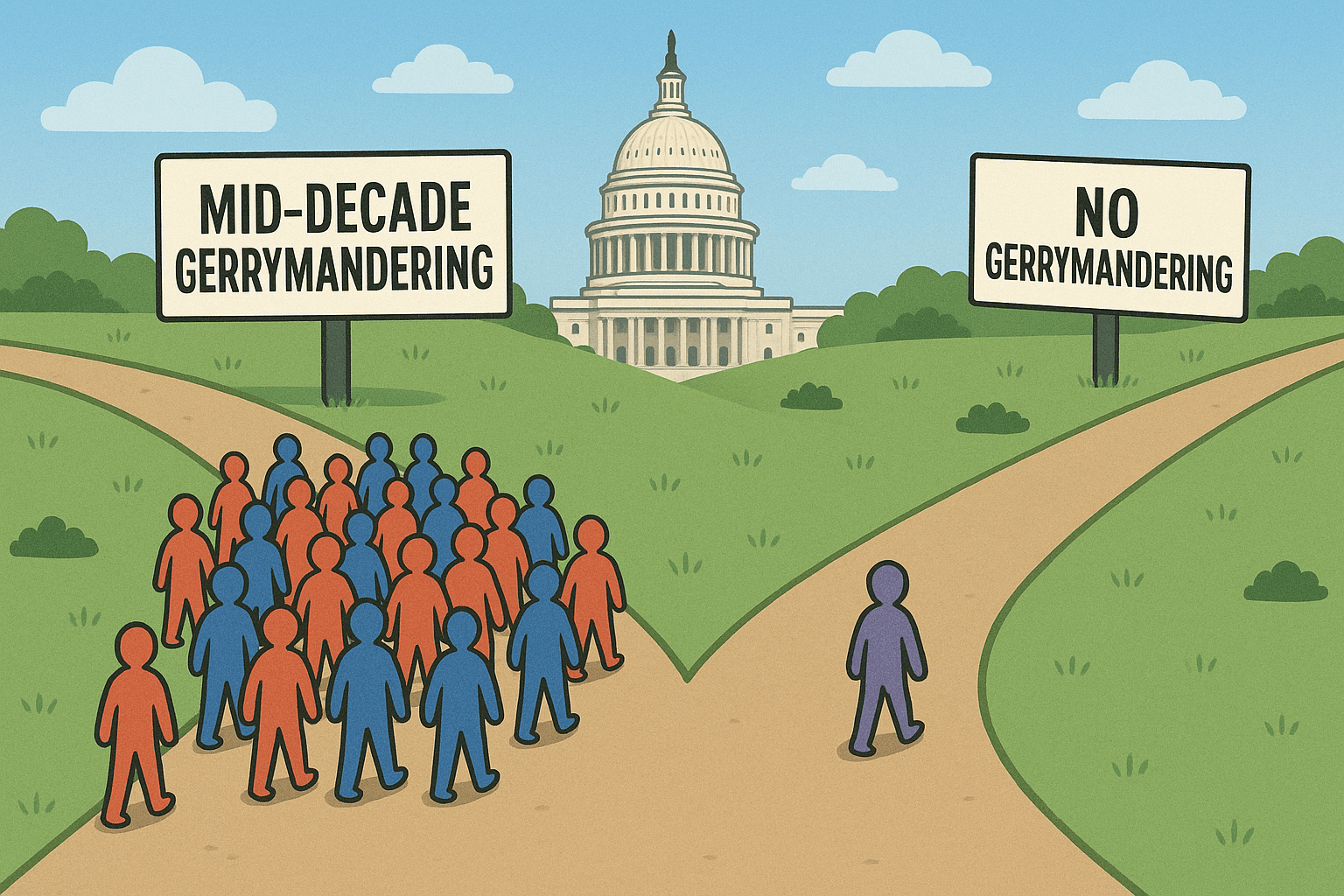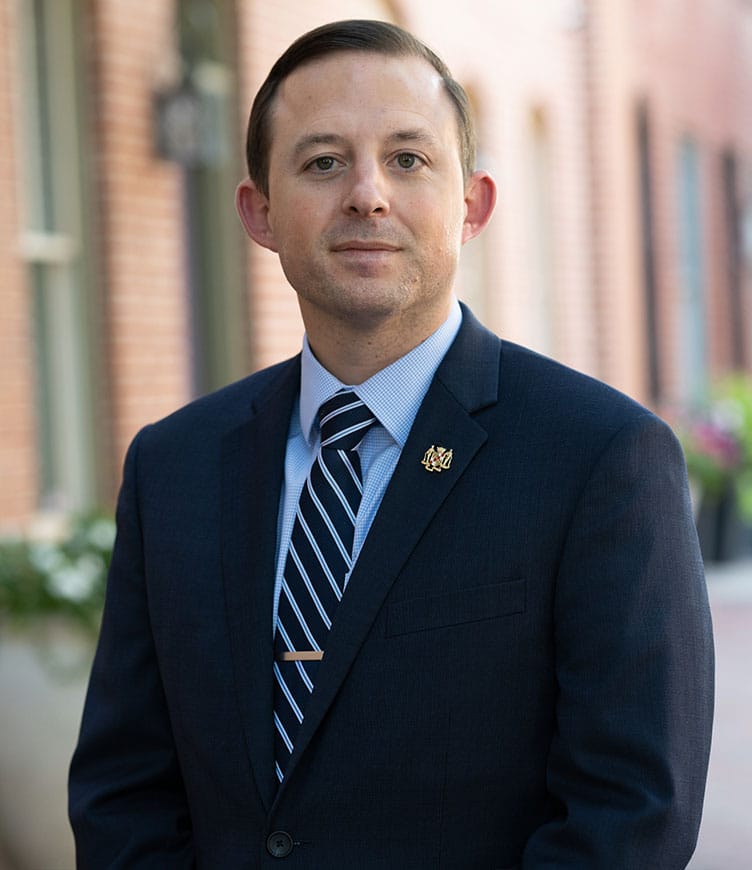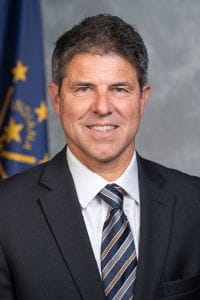5 Politicians Bucking Their Party on Gerrymandering

Across the country, both parties are weighing whether to redraw congressional maps ahead of the 2026 midterm elections. Texas, California, Missouri, North Carolina, Utah, Indiana, Colorado, Illinois, and Virginia are all in various stages of the action. Here are five politicians who have declined to support redistricting efforts promoted by their own parties.
1. New Hampshire Governor Kelly Ayotte (R)

In New Hampshire, the two-district congressional map is held by Democrats, and the national GOP has urged a redraw ahead of the 2026 midterms. However, Republican Governor Kelly Ayotte declined to participate in a mid-cycle map change, citing concerns about timing and priority. Politico reported that she ruled out joining the push for partisan advantage.
“We’re in the middle of the census. I don’t think the timing is right for redistricting.”
“And when I talk to people in New Hampshire … it’s not on the top of their priority list.”
“I believe if the legislature was going to act on this, they should have already acted on this … We’re, like, halfway through. I do think the timing is off for this.”
Her opposition effectively froze the state’s effort. After Ayotte’s comments, state Sen. Dan Innis (R) withdrew a bill aimed at redrawing the map, saying he did not want to “create a difficult situation” in the legislature.
2. Maryland Senate President Bill Ferguson (D)

In Maryland, Governor Wes Moore and House Speaker Adrienne Jones called for a special session to redraw the state’s congressional map, which could have eliminated the state’s only Republican-held seat. Senate President Bill Ferguson said his chamber would not participate, despite national pressure from Democrats.
“If one seat is the difference between whether or not we are standing up to Donald Trump, then we’ve lost from the beginning.”
“Our job as Democrats is to deliver for [people]. If we show them a path to prosperity, we win.”
“It is hypocritical to say that it is abhorrent to tactically shift voters based on race, but not to do so based on party affiliation.”
“The risk of redrawing the congressional map in Maryland is too high, making the unlikely possibility that we gain a seat not worth pursuing.”
Ferguson’s refusal blocked a mid-decade redistricting session and drew praise from some Republicans who said the existing map already favors Democrats.
3. Kansas State Rep. Mark Schreiber (R)

In Kansas, Republican leaders have sought to call a special session to redraw the state’s congressional map before the 2026 midterms. The plan would need a two-thirds vote to override an expected veto from Democratic Governor Laura Kelly. State Representative Mark Schreiber, a Republican from Emporia, said he would not support the move.
“If they want to threaten me with something, I don’t know what it’d be.”
“I’m fine with the stance I’m at.”
“Mid-decade redistricting should not become a political tool ahead of the midterms.”
“Maps should continue to be tied to the decennial census.”
“If they called, I would tell them basically the same thing. I’m not changing that viewpoint.”
Schreiber’s opposition has slowed Republican efforts to begin redrawing the state's maps.
4. Nebraska State Sen. Merv Riepe (R)

In Nebraska, some Republicans proposed redrawing the state’s congressional map to help secure Rep. Don Bacon’s district for the GOP. Republican State Senator Merv Riepe said he would not support that effort.
“It looked like simply a party maneuver.”
“My position has not changed. I don’t think it’s a necessity for us.”
“Well, I represent my district, and I think that’s what democracy is supposed to be about.”
“I intend to stand for reelection again come November. Partly because I’m no good at hunting, no good at fishing, and my friends tell me I’m no good at golf. I like the give and take and the discussion that goes on in politics.”
Riepe’s position, combined with Nebraska’s requirement for unanimous Republican support in its unicameral legislature, has halted redistricting discussions for now.
5. Indiana Senate President Pro Tempore Rodric Bray (R)

In Indiana, Governor Mike Braun called a special session to consider new congressional maps. The White House and Vice President J.D. Vance urged Republican legislators to move forward, but Senate President Pro Tempore Rodric Bray said he did not have enough votes in his caucus to proceed.
“The chamber still lacks the votes for redistricting.”
“I don’t have the support in my caucus to undertake a redraw.”
State Senator Greg Goode, another Republican lawmaker, also rejected political pressure.
“For those trying to bully me on redistricting, I love you. I pray to our Lord and Savior for wisdom and reflect on political heroes who stood up for the greater good above the politics of the day.”
Bray’s statement has delayed action on redistricting in the Indiana Senate, despite strong encouragement from national party leaders.
 Cara Brown McCormick
Cara Brown McCormick







